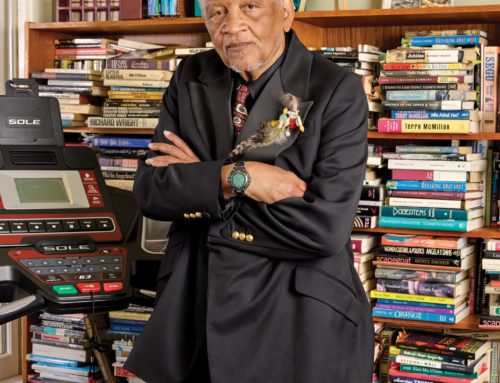Dror Burstein is a telescope. To read Netanya, the Israeli author’s new memoir, is to pass inside the Givatayim observatory where Burstein’s grandfather once accompanied him, where the magnified vision of the moon so overwhelmed him that he spent the next two days bedridden, stomaching neither food nor conversation. His astronomy teacher heard of Burstein’s ailment without surprise — he only lamented the fact that though we have invented sunglasses, we have nothing to guard against this sort of surplus of moon. I’d argue that most of us have no need for such moonglasses; we wear them all the time. Burstein’s telescope simply removes them from our downward gawping faces, lifts us by the chin and lets the light flow “into the open eye as though through a drain pipe.” The result is not merely the memoirs of the author, but a kind of memoir of the universe, painted with precise restraint by one of its more perceptive constituents.
Netanya is the second of Burstein’s books to be translated into English and published by Dalkey Archive Press. Kin, more kaleidoscopic than telescopic, encircles the circumnavigations of a fractured family failing to reconfigure itself. The narrative centers — though, as in any kaleidoscope, this center is cracked open and pushed piecemeal to the peripheries — on Emile’s adoptive father, Yoël, and his utterly unfeasible endeavor to reunite Emile, now thirty-something, with his biological mother and father, whose absentness and otherness Burstein eerily arouses with the arid appellations [ ] and [ ]. It’s an alluring and mysterious read, which like the family in it, never quite coalesces into a traditional configuration.
I felt a little guilty, this last Monday morning, usurping Burstein’s presence from the neighboring museums where he prefers to pass his time when in New York. Burstein, lured away from his native Tel Aviv to participate in the PEN World Voices Festival the previous weekend, only had a few days left before his flight back home. He met me in a café on Second Avenue, and ordered one of whatever I was having — a cup, as it so happened, of oolong tea.


